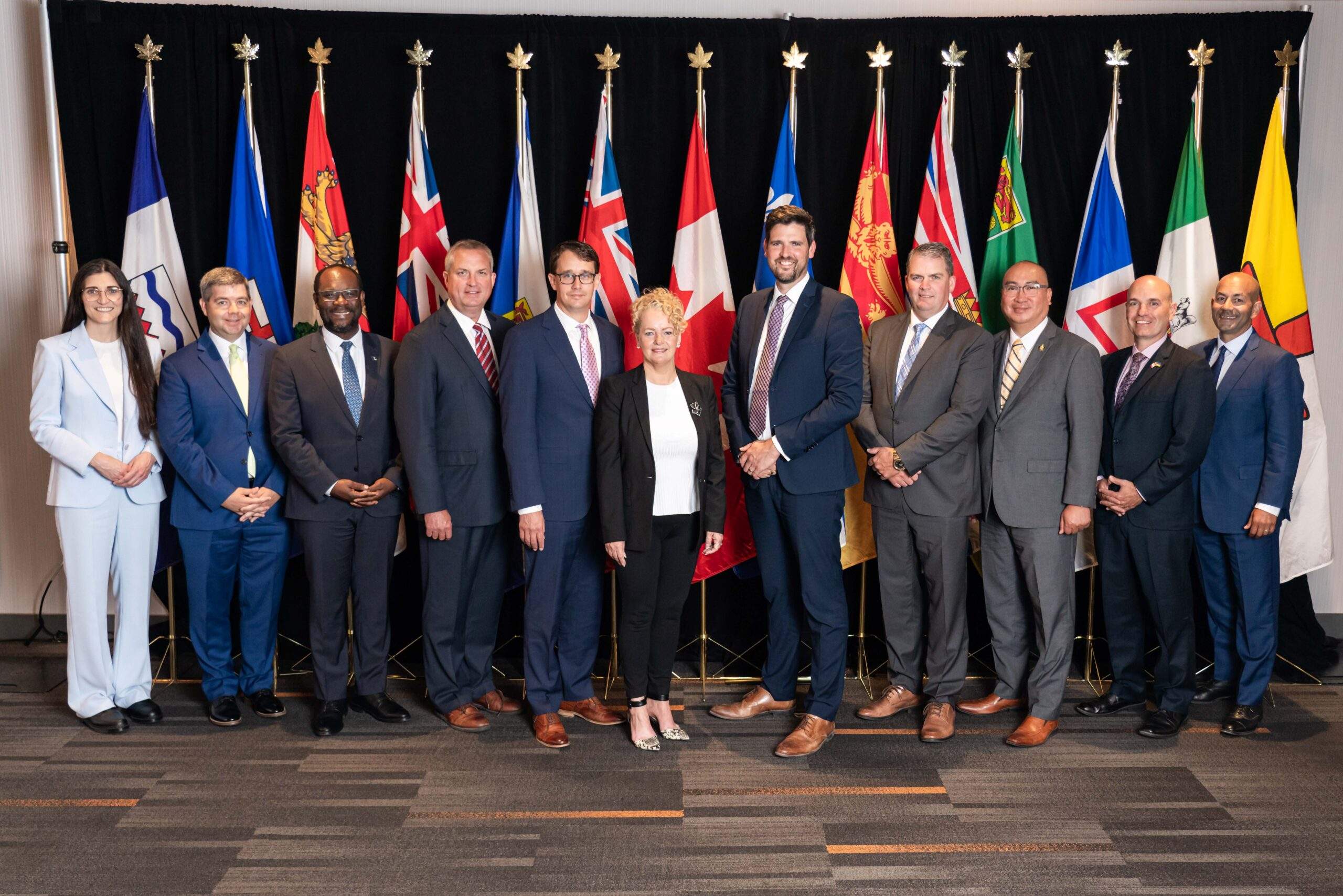Editor’s Note: This report highlights the struggles of Iranian international students in Canada who have been separated from their partners due to delays in processing Iranian Spousal Open Work Permit (SOWP) applications. +1 News interviewed Hadis, an Iranian international graduate who is currently pursuing her Master’s in Psychology from the University of Lethbridge, Alberta, and has been waiting for over two years for her husband’s SOWP application to be processed. This report sheds light on the impact of the delays on families and the need for immediate action from the Canadian government.
Overview:
This report digs into the delays faced by Iranian international students and workers seeking spousal open work permits (SOWP) in Canada. The delays, which have kept families apart for over a year and in some cases, over two years, have caused immense emotional and mental stress for those affected.
Our investigation includes an interview with an Iranian international graduate, Hadis, who applied for a SOWP for her husband in May 2021. After being refused in September 2021, Mojtaba received a settlement offer and his application re-opened in March 2022. After updating his application documents in March 2022, they are still waiting for a decision from the Immigration, Refugees and Citizenship Canada (IRCC).

The SOWP program allows spouses of international students to obtain a work permit in Canada, enabling them to work and live together as a family. However, delays in the processing of these permits have left many couples in limbo for over a year, and for some like Hadis, this long wait period has reached the two year mark this month.
Relevant content:
Lululemon received LMIA-exemption to hire foreign workers
The Story of Hadis
Hadis, an Iranian international graduate who is studying her Master’s in psychology from the University of Lethbridge, Alberta, is one of many Iranian students who have been affected by the delays in obtaining a SOWP for her husband. Hadis applied for a SOWP for her husband in May 2021, but four months later, the application was refused.
“The reason given was that the officer wasn’t satisfied that Mojtaba would leave Canada at the end of his stay and he has significant family ties in Canada. That was the whole point behind applying for a SOWP”- Hadis.
Hadis decided to take the decision to court, and after winning a judicial review six months later, the Immigration, Refugees and Citizenship Canada (IRCC) agreed to reopen the file for re-consideration, and Hadis resubmitted all the required documents in March 2022. However, it’s been almost a year since the application was submitted, and the standard processing time, as of writing this report, is 35 weeks. Hadis and her husband are still waiting to hear from the IRCC, and this has caused them significant distress.
Hadis’s story is not unique. According to an article on City News by Dilshad Burman, there are hundreds of Iranian international students in Canada who have been eligible to apply for SOWP and bring their spouses to Canada, but many of them have faced refusal and long delays in obtaining the permit.
The Impact of SOWP Delays on Iranian International Students
The delays in obtaining SOWP have had a severe impact on Iranian international students in Canada. Many of them have been separated from their families for an extended period, which has caused emotional and psychological distress. The uncertainty surrounding the processing time has left them in limbo, unsure of what their future holds. Some have been forced to live alone, and for many, this is their first time traveling alone, making the situation even more challenging. Iranian International students have also spent important and culturally important days such as Nowruz without their significant others.
The Need for Action
The delays in obtaining SOWP for Iranian international students in Canada have had a significant impact on their lives. These delays have separated families, caused stress and anxiety, and left individuals in limbo. Family reunification is a fundamental human right and an essential aspect of Canada’s immigration policy. It is crucial that the government takes immediate steps to address the ongoing delays and ensure that families are reunited as soon as possible. In addition to the emotional benefits, family reunification also contributes to Canada’s economy and social fabric. Family members who are reunited with their loved ones are more likely to thrive and contribute positively to their communities, which benefits Canada as a whole.












